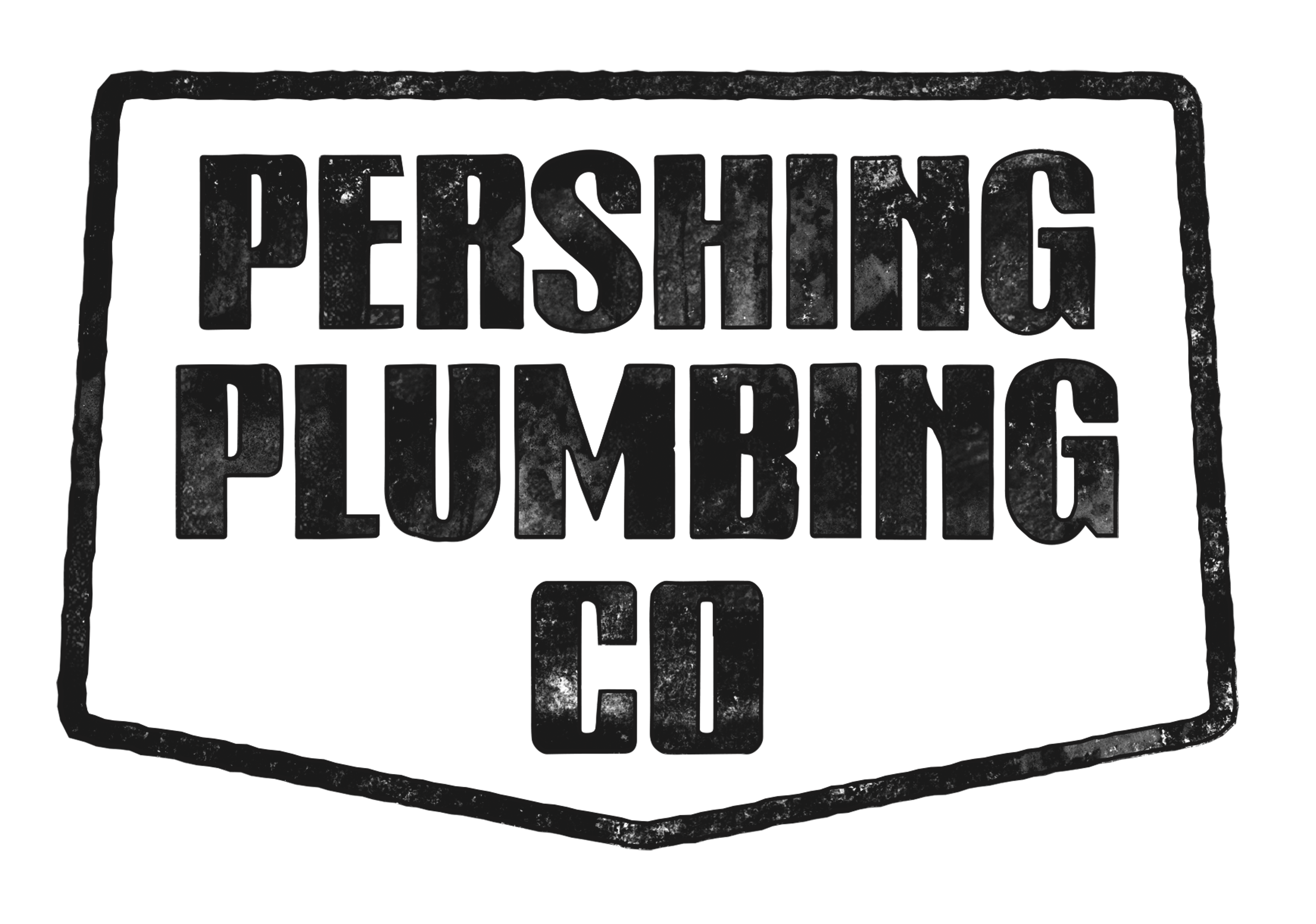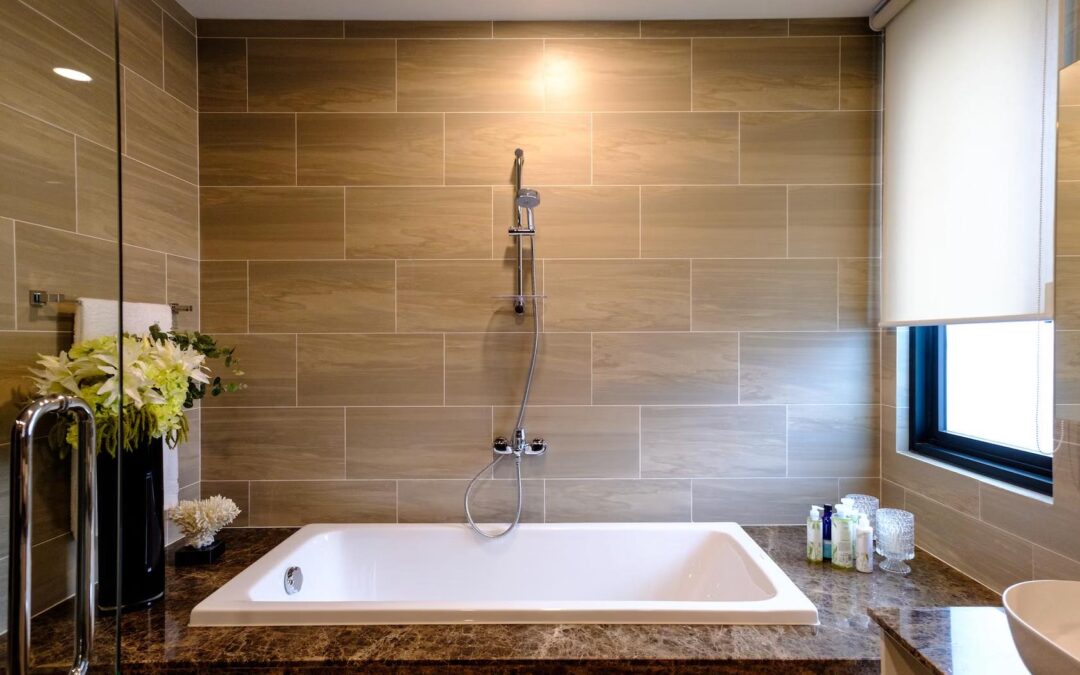Clean and pure water is essential for maintaining a healthy and comfortable living environment. If you’re concerned about the water quality in your home and want to improve it, there are various steps you can take. In this blog, we will explore effective solutions to enhance the water quality in your home, offering new ideas and advice that go beyond the common recommendations.
- Install a Water Filtration System: A water filtration system is a powerful tool to improve water quality throughout your home. Consider installing a whole-house filtration system or point-of-use filters in key areas such as the kitchen and bathroom. These systems remove impurities, sediment, chlorine, and other contaminants, ensuring cleaner and better-tasting water for drinking, cooking, and bathing.
- Utilize Activated Carbon Filters: Activated carbon filters are particularly effective in removing unpleasant tastes, odors, and residual chemicals from your water supply. These filters can be installed on faucets or used in pitcher-style water filters. They work by adsorbing contaminants onto the carbon surface, resulting in cleaner and more enjoyable water for daily use.
- Incorporate Water Softening Systems: If you have hard water, which contains high levels of minerals such as calcium and magnesium, a water softening system can be beneficial. Water softeners remove these minerals, reducing scale buildup, improving soap lathering, and preventing the negative effects of hard water on appliances. Consider installing a whole-house water softening system for comprehensive results.
- Use a UV Disinfection System: To ensure microbiologically safe drinking water, consider installing a UV disinfection system. Ultraviolet (UV) light kills harmful bacteria, viruses, and other microorganisms without the use of chemicals. UV systems are particularly effective in areas where waterborne illnesses are a concern or for households with individuals with compromised immune systems.
- Regularly Maintain Plumbing System: The condition of your plumbing system can impact water quality. Regular maintenance, such as cleaning and flushing pipes, can prevent the buildup of sediment, rust, and other contaminants. Schedule professional inspections and cleanings to ensure optimal water flow and quality throughout your home.
- Practice Proper Hygiene and Storage: Improving water quality also involves proper hygiene and storage practices. Encourage family members to wash their hands properly, especially before handling food or eating. Additionally, store drinking water in clean, food-grade containers, and replace them regularly to avoid bacterial growth.
- Consider Reverse Osmosis: For those seeking the highest level of water purification, reverse osmosis (RO) systems are an excellent choice. RO systems use a semi-permeable membrane to remove impurities, chemicals, and even microscopic contaminants from water. This advanced filtration process produces exceptionally clean and pure drinking water.
Conclusion
Improving the water quality in your home is essential for your health and well-being. By implementing effective solutions such as water filtration systems, activated carbon filters, water softeners, UV disinfection systems, and regular plumbing maintenance, you can enjoy cleaner, better-tasting water throughout your home. Additionally, practicing proper hygiene and considering advanced purification methods like reverse osmosis can further enhance the quality of your drinking water. Take action today to ensure the water you and your family consume is of the highest quality and promotes a healthy lifestyle.

